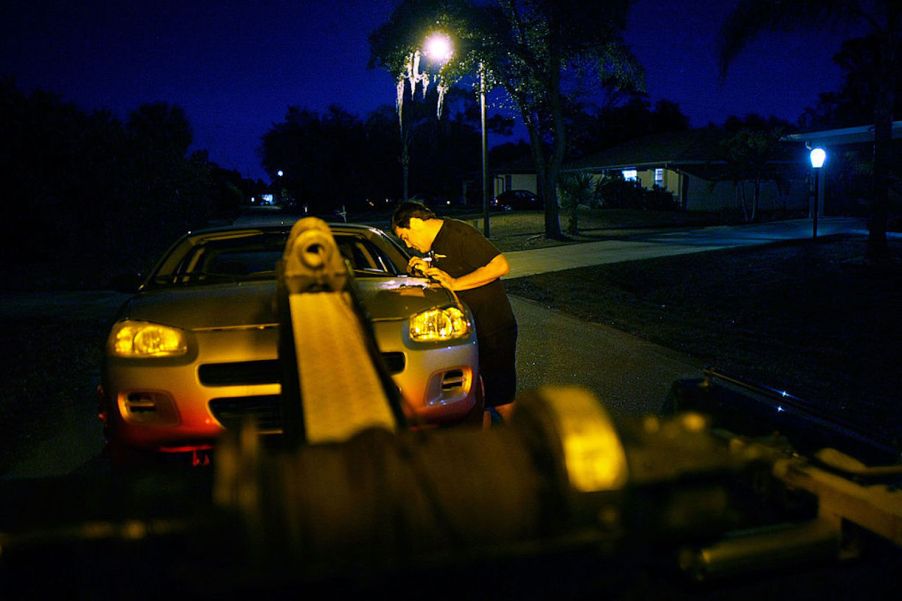
What is ‘VIN Cloning’ and Can It Happen To You?
One way thieves sell stolen cars is through VIN cloning. They take the VIN or Vehicle Identification Number of a legitimately registered vehicle in another state and use it to mask the stolen vehicle’s VIN. In this way, everything checks out. Later is when they discover that it is a stolen car.
What happens if the car you bought comes up stolen?

With that, the stolen vehicle will be confiscated and returned to its rightful owner. And the owner who is no longer the owner loses whatever he or she paid for it. Any vehicle loan becomes an unsecured loan.
If the vehicle was involved in committing a crime, you’ve got a bigger problem to deal with. The buyer may have to prove in court that they were not part of the offense. That means a lot of time and money spent defending themselves. So legal costs and lawyer fees may dwarf the initial monetary loss.
The stolen vehicle may have also rung up parking tickets, toll fees, and driving violations. All of those and more could become the responsibility of the buyer as well.
How do thieves do stolen car VIN cloning?

Here’s how it works. When a vehicle is stolen, thieves swap out the original VIN for a legitimate out-of-state VIN. That VIN plate is from a similar vehicle, though in many cases the year and model are sometimes different than those of the real one. To support the VIN phony documents are created. Then it becomes a legitimate vehicle to the buyer, and to the DMV.
Over the years, states have been centralizing their DMV registration information, with the creation of the National Motor Vehicle Title Information System, NMVTIS. The system links state DMVs throughout the U.S. That way a stolen VIN in one state can’t be registered in another.
But thieves have a workaround for this. In many cases, they will buy a salvaged vehicle for next to nothing. An accident or maybe a fire happened. In any case, thieves will then transfer the salvage vehicle VIN to the stolen car. But even in these cases, if a car comes up as destroyed or crushed at a wrecking yard, it will show in the DMV records. Then the title transfer is flagged until there is more information.
What can you do to protect yourself?

Mostly, VIN cloning occurs with privately sold vehicles. But some dealerships can end up with them as well. Your best way to avoid buying a cloned vehicle is first to be skeptical of cars priced way below value. If it’s too good to be true, it probably is.
Next, get a report of a vehicle’s history like CarFax, to see if there are any discrepancies. Popping up with a salvage title or as crushed tells you things don’t add up. If the VIN tag looks damaged or tampered with, that’s a sign something has been done to it. Scrutinize the paperwork to make sure there are no misspellings or errors. That shows a hastily-created title.
When you go to finalize the deal, go to a bank or public space, and do it during daylight hours. Also, bring a friend along. And finally, if the process of buying the vehicle just seems edgy, walk away. Don’t hang in there out of courtesy or a sense of obligation.



